Latest
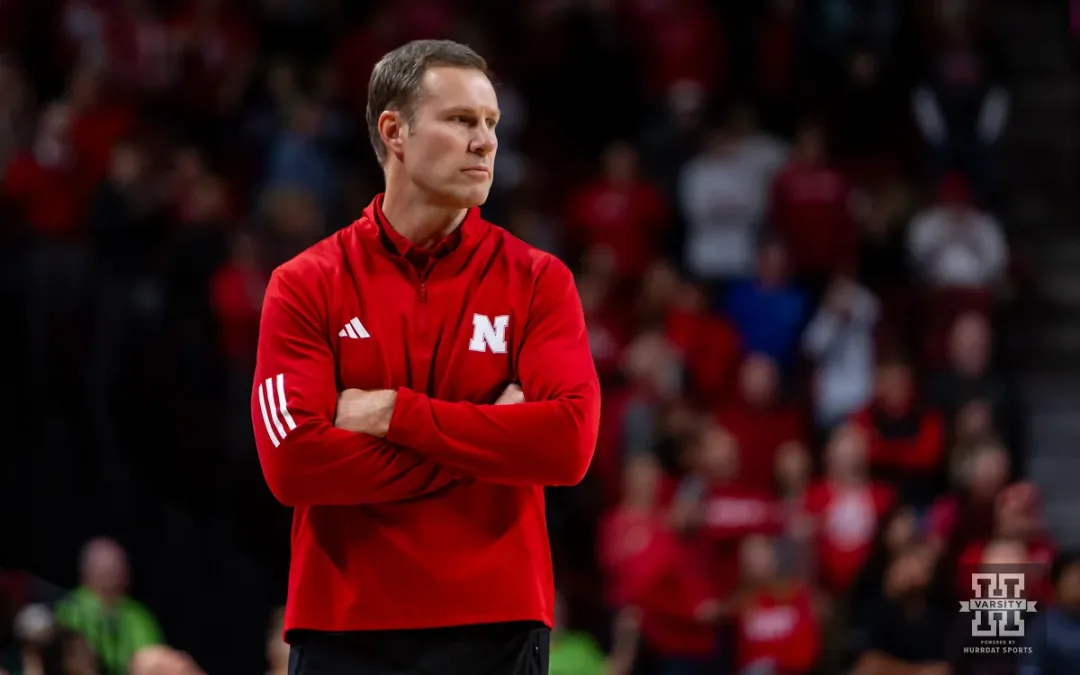
2024 Nebraska Men’s Basketball Offseason Tracker
The 2023-24 Nebraska men's basketball season came to an end in the first round of the NCAA Tournament, but there's no such thing as a true offseason in college basketball these days. Coach Fred Hoiberg and his staff are already hard at work building the roster to make...
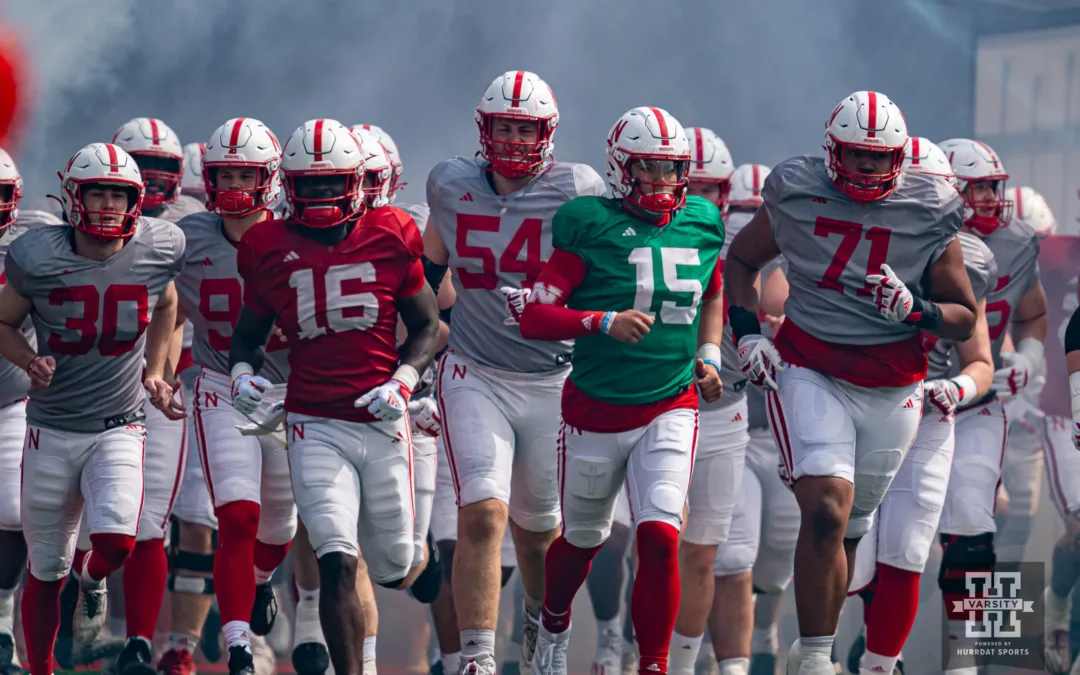
Huskers Earn Passing Grade in 2024 Spring Game
And so it came to pass, as Matt Rhule said it would. Well, sort of. “I know we’ll be able to run the ball. I want to see if we an throw the ball. I want to see if we can catch the ball,” Rhule said Thursday, before Nebraska’s Red-White Spring Game. “I want to see if...
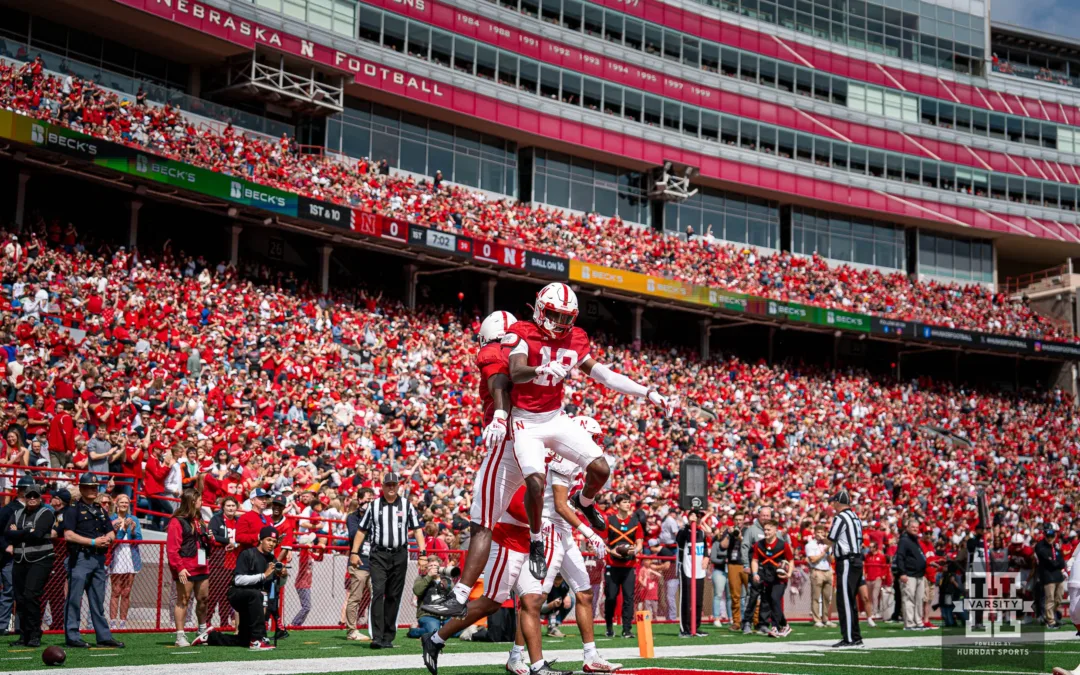
Nebraska Football Spring Game Photos – 04-27-2024
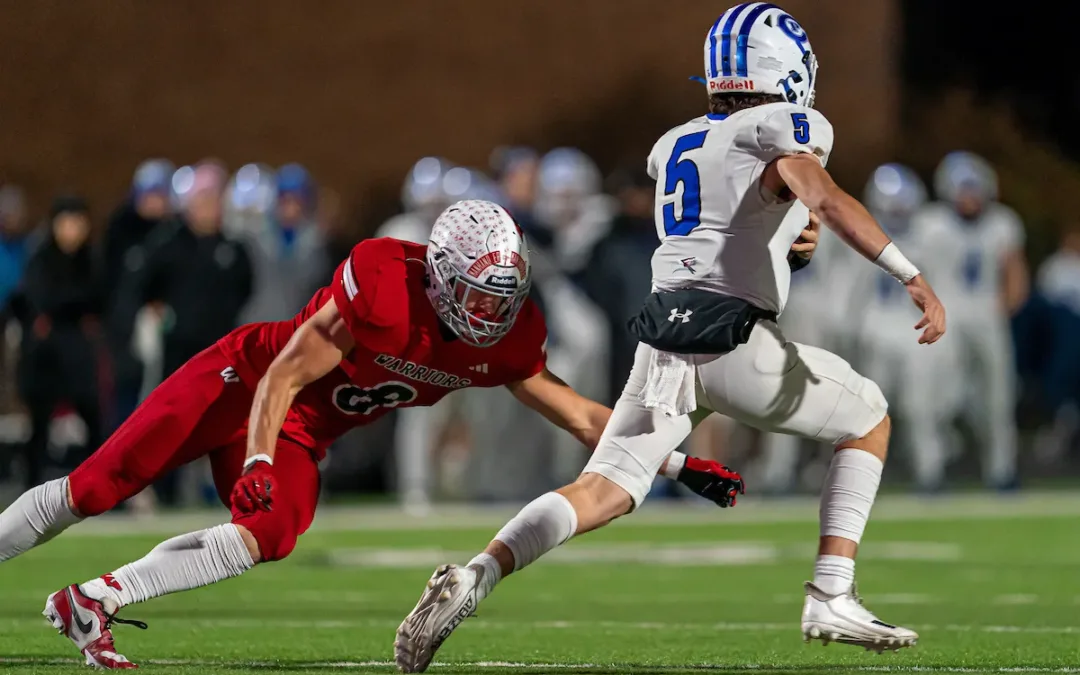
2024 Nebraska Spring Game Visitors List
College football spring games are a great opportunity for schools to get prospects on campus — even exhibition games. Here are the prospects that are expected to be in attendance Saturday at the Huskers' spring game, presented by Pinnacle Bank. *Listed Alphabetically...
Football

Huskers Earn Passing Grade in 2024 Spring Game
And so it came to pass, as Matt Rhule said it would. Well, sort of. “I know we’ll be able to run the ball. I want to see if we an throw the ball. I want to see if we can catch the ball,” Rhule said Thursday, before Nebraska’s Red-White Spring Game. “I want to see if...
Volleyball
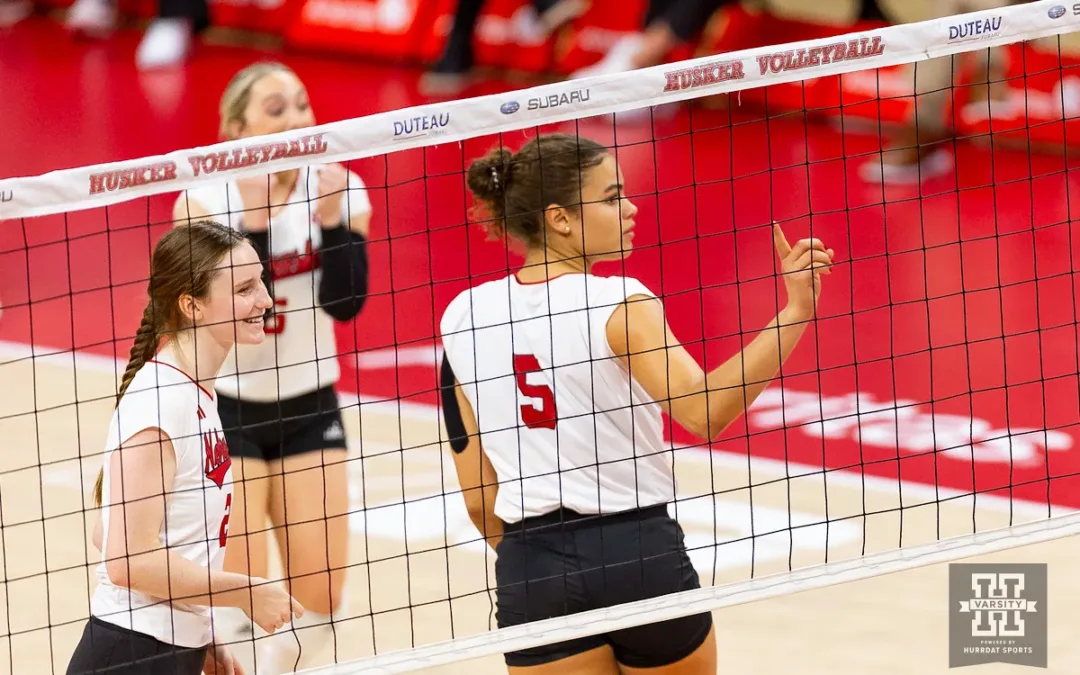
Allick Back to Work After Offseason of Reflection
Those who attend Husker volleyball matches at the Devaney Center this fall might notice a change during lineup announcements. No. 5 is Bekka Allick no longer; instead, fans will hear her full name: Rebekah. She’s already made the change on her social media accounts,...
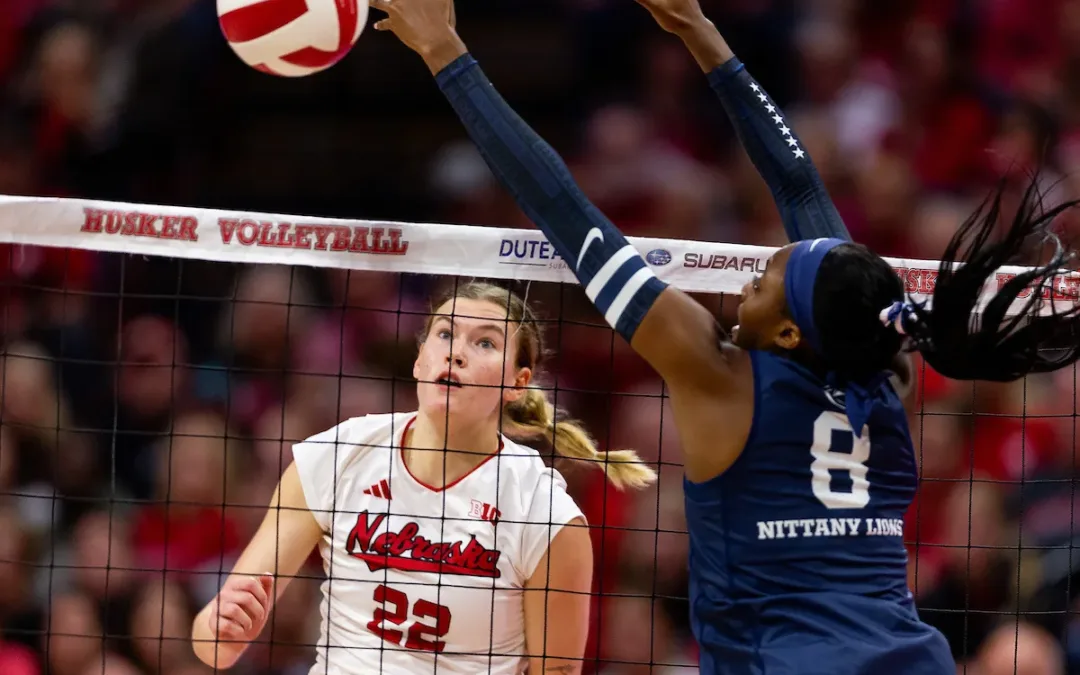
Lindsay Krause Back for Huskers After Season-Ending Injury
On Oct. 9, 2023, Lindsay Krause earned Big Ten Player of the Week after dropping 24 kills on .458 hitting and four aces in a pair of Husker wins the previous week. Later that week, she put up 13 kills on .300 hitting and two aces in a sweep over Penn State. The...
Soccer
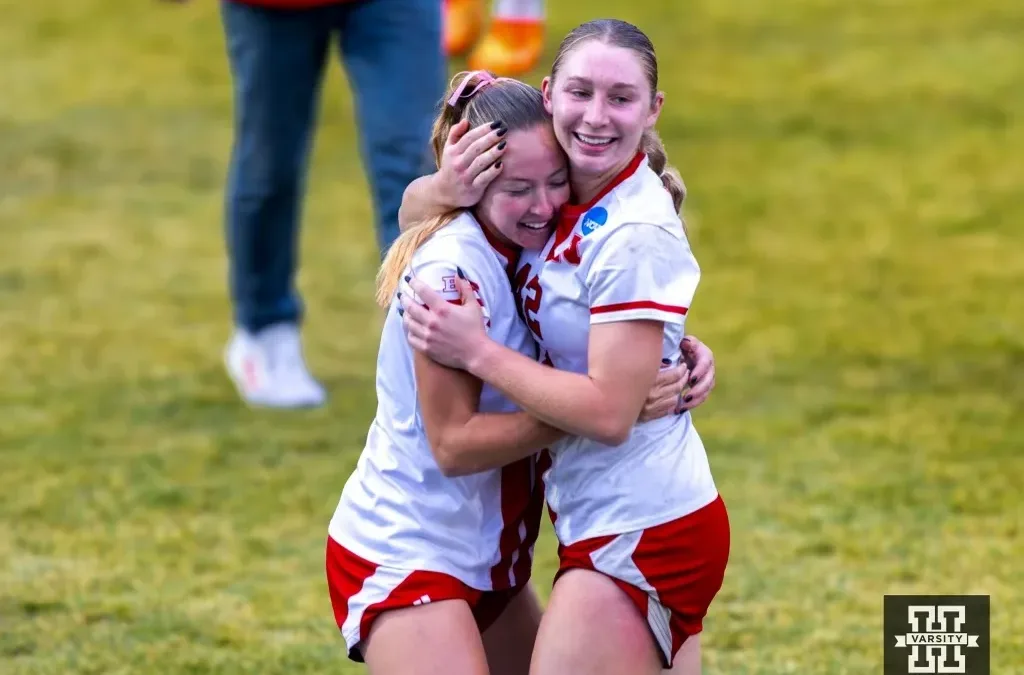
Husker Soccer Capitalizes on Weekend at Home, Advancing to Tournament Quarterfinals
Nebraska soccer advanced to the NCAA tournament quarterfinals Sunday, taking down UC Irvine by a score of 4-0.
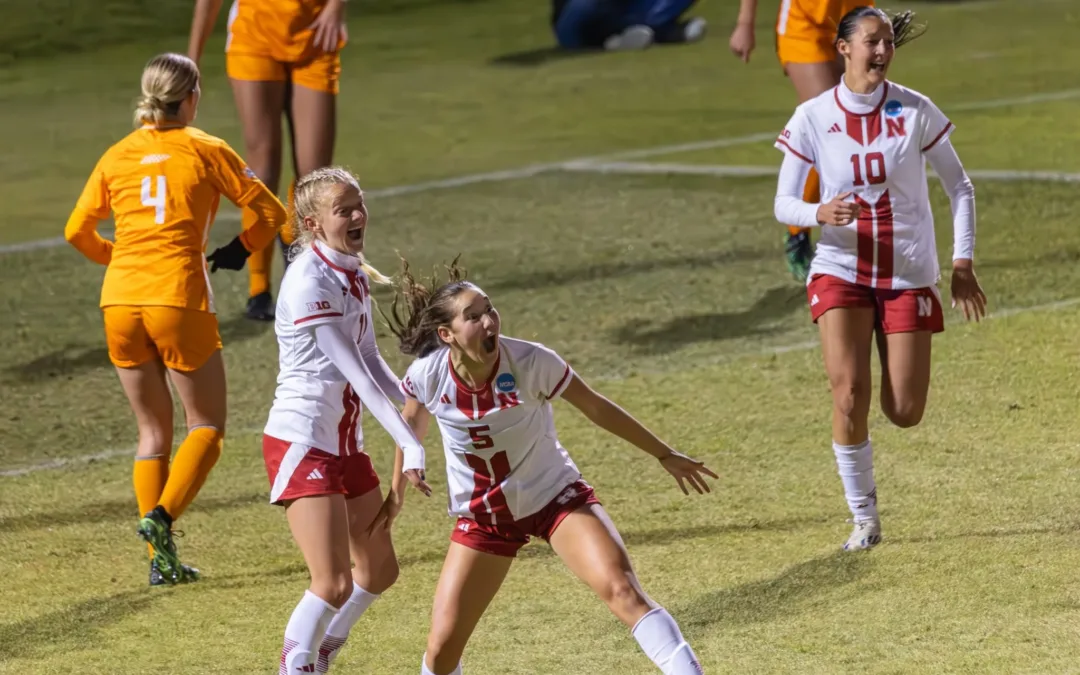
Ella Guyott’s Last-Minute Game-Winner Pushes Nebraska to Sweet 16
Nebraska won its second-round tournament game 2-1 thanks to a game-winning goal in the final minute from redshirt freshman Ella Guyott.
Men’s Basketball

2024 Nebraska Men’s Basketball Offseason Tracker
The 2023-24 Nebraska men's basketball season came to an end in the first round of the NCAA Tournament, but there's no such thing as a true offseason in college basketball these days. Coach Fred Hoiberg and his staff are already hard at work building the roster to make...
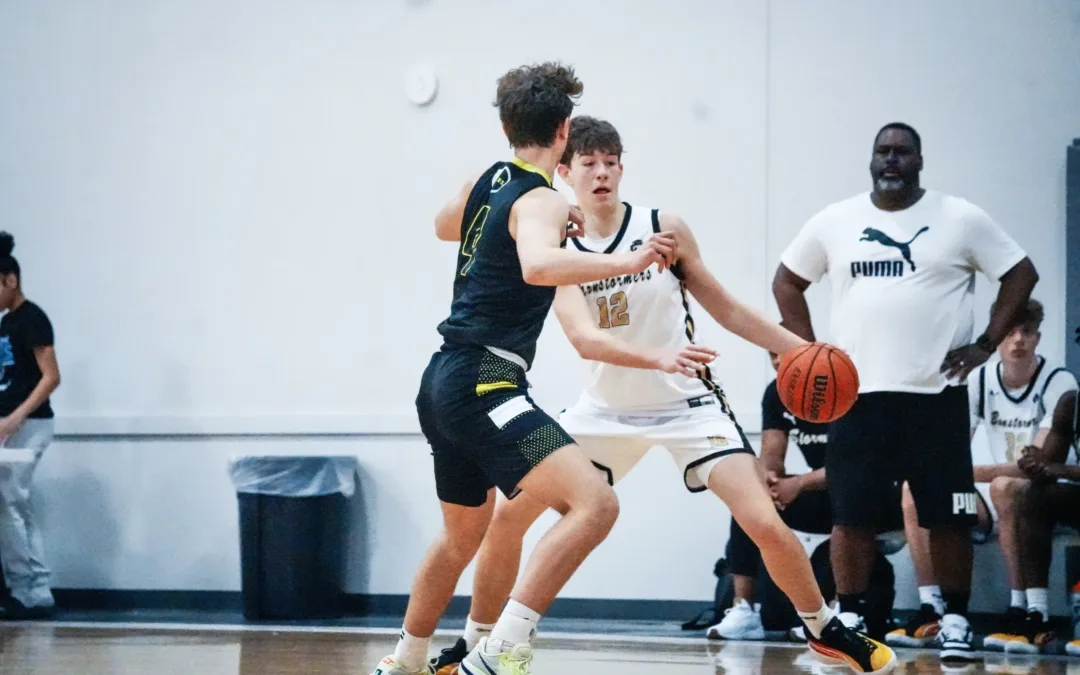
Cedar Falls Sophomore Gerdes Building Relationship With Huskers
William Gerdes, one of the top high school prospects in Iowa, has a budding relationship with Nebraska. Nebraska was the first to offer Gerdes, a 2026 forward from Cedar Falls High School, a scholarship in November, and Hail Varsity caught up with him at a recent AAU...
Women’s Basketball
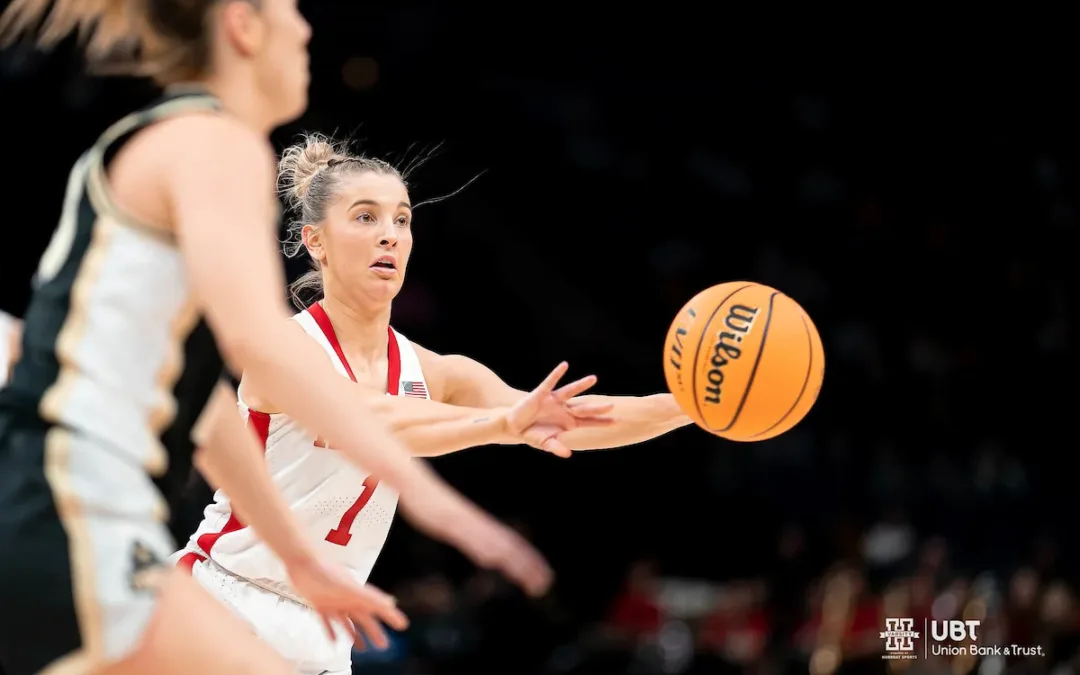
Nebraska Women’s Basketball’s Season Ends With Round of 32 Loss to Oregon State
Nebraska women's basketball's season came to an end on Sunday, as the Huskers lost to Oregon State in the second round of the NCAA Tournament. No. 3 seed Oregon State played shutdown defense in a sold-out home game, with the Huskers being held to 37 points...
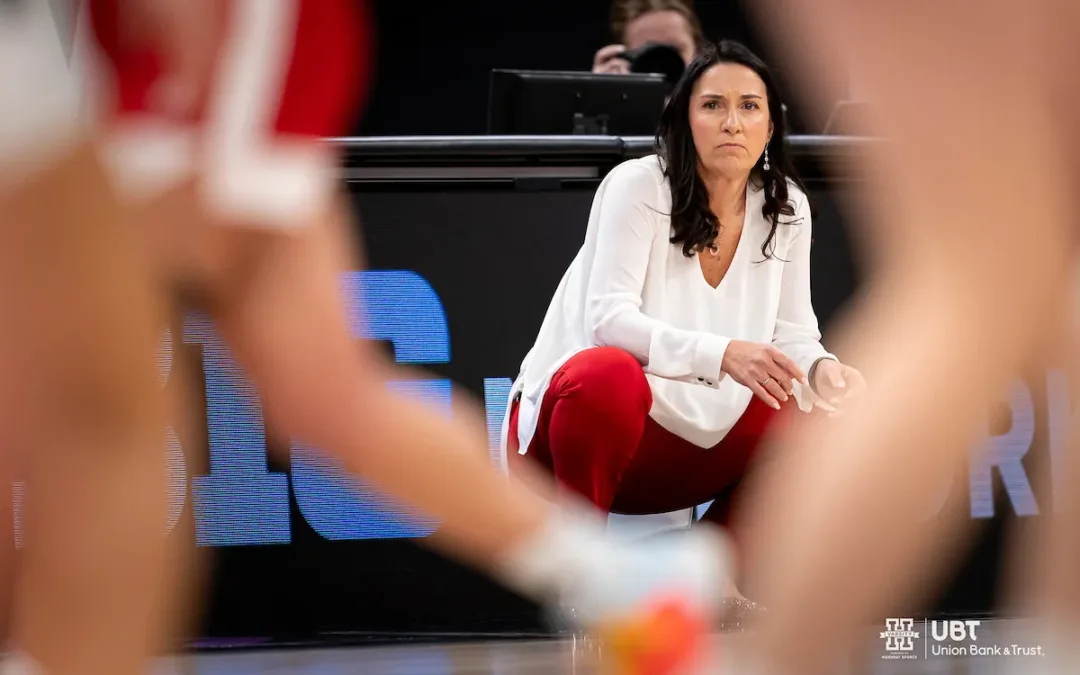
Oregon State, Raegan Beers Stand in Way of Nebraska’s Sweet 16 Hopes
Nebraska women’s basketball has accomplished some difficult things already this postseason. First of all, the Huskers won a game in the NCAA Tournament, something the program hadn’t done in a decade. Even as a No. 6 seed, that’s a challenge. Louisville was upset by...
Subscribe To Our Newsletter
Get bi-weekly emails from Mike Babcock about Nebraska history and what’s top of mind for him in Husker athletics each week.
